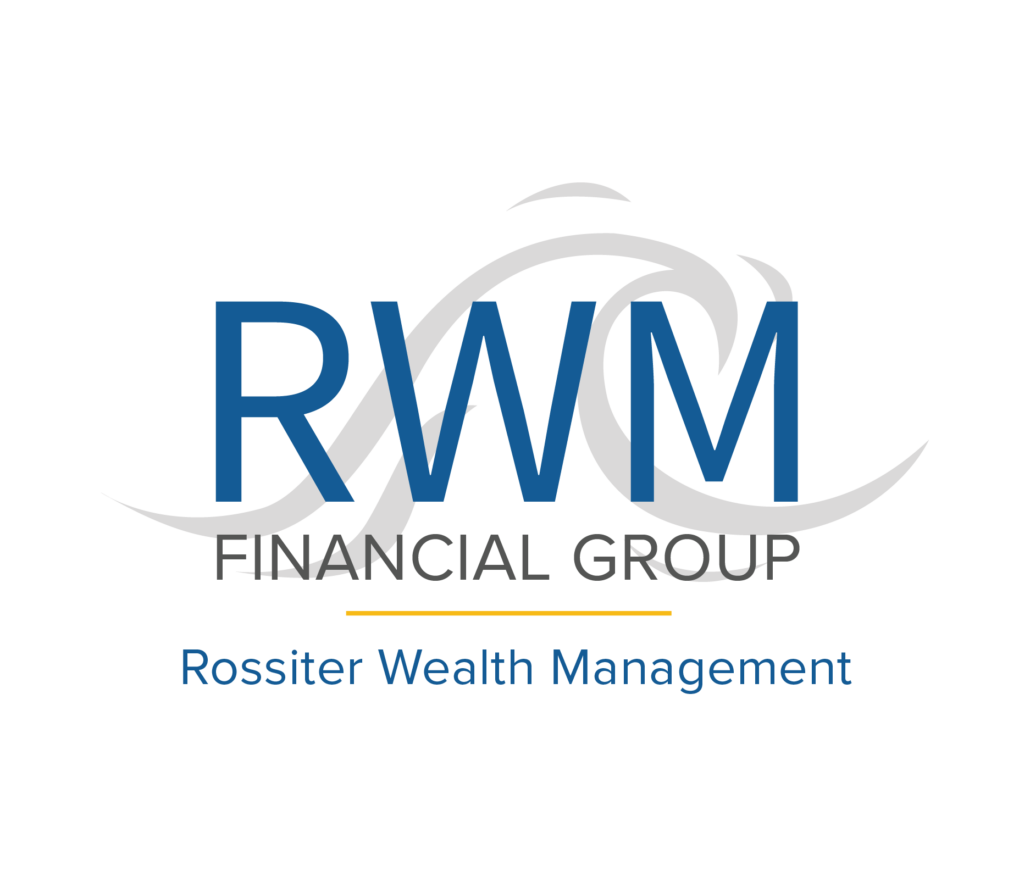The Inflation Reduction Act (IRA) was signed into law by President Joe Biden on August 16, 2022. It addresses various important topics like healthcare, climate change, corporate taxation, and retirement plans. This blog specifically focuses on how the IRA affects 401(k) plans, providing an overview of the key provisions and offering insights for employers to ensure they comply with the new rules.
Understanding the Inflation Reduction Act:
The IRA was created to deal with the increasing inflation rates and minimize their negative impact on the economy and individuals’ financial well-being. The Act includes specific measures that directly affect retirement savings plans, such as 401(k) plans. It recognizes the importance of retirement planning, especially in an environment with rising prices.
In simpler terms, the Inflation Reduction Act was passed to address inflation’s effects and how it impacts people’s ability to save for retirement. It introduces changes to retirement plans, including 401(k) plans, to help individuals cope with inflation and secure their financial future.
Impact on 401(k) Contributions:
One notable effect of the IRA on 401(k) plans is the adjustment in contribution limits. To preserve the purchasing power of retirement savings, the legislation introduces changes that align with the effects of inflation on the economy. Typically, these changes result in an increase in contribution limits, allowing individuals to save more for retirement and protect their financial security from erosion due to inflationary pressures.
Tax Advantages and Withdrawals:
The IRA maintains the tax advantages of 401(k) plans while introducing adjustments to align with changing economic conditions. Individuals can continue to enjoy tax-deferred growth on their contributions, and the benefits of pre-tax contributions and potential tax-free growth remain intact. However, the Act may introduce changes to the tax treatment of withdrawals to strike a balance between preserving retirement savings and addressing inflationary pressures. This may include penalties for early withdrawals and the potential expansion of options such as Roth 401(k) plans, which offer tax-free withdrawals.
Additional Minimum Tax on Corporate “Book Income”:
The Act introduces an additional minimum tax of 15% on corporate “book income” for companies with income exceeding $1 billion. To determine if a company meets the “book income test,” its average annual adjusted financial statement income (AFSI) for the past three taxable years must exceed $1 billion. Corporations must exclude qualified retirement plan asset and income changes when calculating AFSI. Employer retirement plan deductions for 401(k) contributions and plan-related expenses should be subtracted, but if 401(k) assets revert back to the employer, they must be included in the AFSI calculation.
Additional Tax on Corporate Stock Repurchases:
The Act imposes a 1% excise tax on the fair market value of corporate stock repurchases that are not contributed to a 401(k) plan. When a company repurchases its stock from shareholders for cash, the excise tax applies. However, if the repurchased stock is contributed to an employer-sponsored retirement plan like a 401(k), the excise tax does not apply.
Compliance Considerations for Employers:
Employers, particularly large corporations, need to understand how to calculate “book income” and exclude relevant 401(k) plan expenses and deductions to ensure compliance with the additional minimum tax provisions. It is crucial to accurately calculate AFSI and evaluate potential tax consequences. Employers engaging in stock repurchases should be aware of the excise tax implications and carefully assess their strategies.
Financial Planning Considerations:
The IRA’s impact on 401(k) plans highlights the importance of thoughtful financial planning. Individuals should reassess their retirement savings strategies considering the adjustments to contribution limits, tax treatment, and potential penalties. Maximizing savings potential and taking advantage of tax benefits require collaboration with financial advisors to determine appropriate contribution levels aligned with long-term financial goals. Retirees must understand potential changes in withdrawal rules and engage in comprehensive retirement planning to navigate complexities and make informed choices.
Final Notes
The Inflation Reduction Act’s impact on 401(k) plans represents a significant development for retirement savings in an inflationary economic environment. By adjusting contribution limits, preserving tax advantages, and addressing withdrawal rules, the legislation seeks to protect individuals’ long-term financial security. As with any major policy change, it is vital for individuals to stay informed, evaluate their financial strategies, and seek guidance from professionals to optimize their retirement planning in light of the IRA’s provisions. By staying proactive and adaptable, individuals can navigate the evolving landscape and ensure a solid foundation for their future retirement.
Learn More About RWM
There are many moving parts when designing, implementing, and administering a retirement plan. However, when you focus on the key areas in your initial design or partner with a professional specializing in retirement plans and administration, you can strive to avoid the common challenges and unnecessary costs while helping your employees succeed.
At RWM Financial Group, we help commercial businesses and governmental agencies design and oversee well-managed retirement plans in non-tribal and tribal organizations. Learn more about building a custom, cost-effective strategy that is compliant and promotes success for you and your employees.
This information is not intended as authoritative guidance or tax or legal advice. You should consult your attorney or tax advisor for guidance on your specific situation. In no way does the advisor assure that, by using the information provided, plan sponsor will be in compliance with ERISA regulations.
